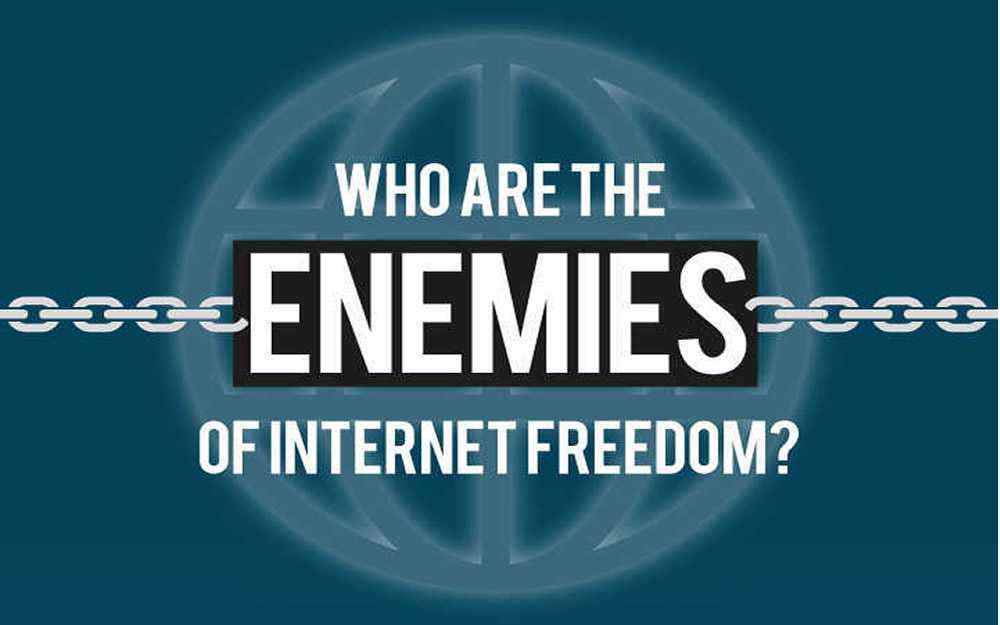Increasingly, governments across the African continent are intentionally adopting laws and policies aimed at limiting citizens’ rights online. The end to this phenomenon does not seem to be in sight as yet another repressive measure is being contemplated by the Government of Zambia. This comes just a day after the Ugandan government passed a law to tax social media users a daily levy of ($0.05 cents).
On May 31, 2018, the Director for Consumer Protection at the Zambia Information and Communications Technology Agency (ZICTA), Mofyta Chisala did not mince words in announcing the government’s intention to enact cyber laws aimed at combating cybercrimes and social media breaches. Chisala did not indicate the exact date the law will be adopted but hinted that the new law will require all WhatsApp group administrators in the country to register the groups and set up codes of ethics or risk being arrested.
“We are coming up with a law where now every administrator must be registered so that he can put ethics or codes of conduct for anyone who is going to be on that blog because at the end of the day, we are going to arrest that person who created the WhatsApp group or the editor or co-ordinator of the blog and that should not be the end game,” said Chisala.
The announcement has since been widely criticised as by many as a clear attempt by the Zambian government to discourage the active use of WhatsApp group platforms thus, silencing dissenting voices in the country.
The threat of arrests in the announcement of the policy by the government amounts to a scare tactic aimed at dissuading individuals from initiating or maintaining WhatsApp group platforms because of the risk of being accountable for posts that the government might find unfavourable.
It is not clear how the government intends to enforce the said regulation since WhatsApp has an end-to-end encryption to protect users’ privacy and security. This has induced widespread fear that the government is exploring ways to breach the encryption in order to spy on WhatsApp groups.
The new development in Zambia brings to four the number of countries on the African continent that have adopted measures to sanction online expression within the last five months this year. .
In March 2018, the government of Tanzania also introduced the Electronic and Postal Communications Regulation with similar requirements.
Bloggers and users of online platforms such as radio and television are expected to register with the Tanzania Telecommunications Regulatory Authority and pay a total amount of $923 before operating, among other provisions.
Barely two months later, had the President Uhuru Kenyatta on May 16 signed into law the Computer Misuse and Cybercrimes Bill 2018 aimed at criminalising cybercrimes including fake news, cyberbullying and cyberespionage in Kenya. The law which has however been widely criticised as containing repressive elements that are likely to be abused by authorities.
The African Freedom of Expression Exchange (AFEX) expresses serious concerns over the introduction of numerous laws and policies with a common motive to limit or control online activities of citizens in the respective countries. Inasmuch as AFEX acknowledges the passage of these laws as governments’ interventions to tackle the various challenges in the cyberspace, we are worried governments will take advantage of the presence of these laws to suppress online expression.
We urge African governments to safeguard freedom of expression rights both online and offline. It is worrisome to see governments increasingly resorting to the introduction of new laws and frameworks to constrict citizens’ fundamental rights to online expression.




